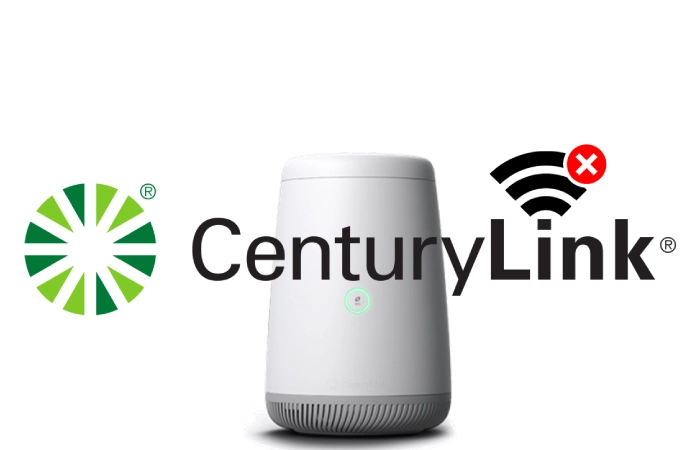An internet provider is a service promoted by specialized companies that connect the internet to computers, cell phones, tablets and other electronic devices that use this technology.
In the past, dial-up connections were part of the homes of americans# who had the internet at the time. They worked as follows: “calls” were made to the internet provider company, which then made the intermediary of the connection between the telecommunications operators and the users. In other words, it was the provider’s duty to offer the protocols that allowed internet access in homes and businesses.
However, with the arrival of broadband internet, with connections via cable, satellite, radio or fiber, some important changes were made in this structure. Since then, the operator itself can play the role of intermediary and charge its own values so that consumers can hire and use its internet.
Therefore, currently, the provider is the company that offers internet plans to the consumer, as well as making them available, guaranteeing the stability of the connection and making repairs whenever necessary.
How to pick a top internet provider?
Choosing a residential internet provider requires care, research and attention. To help you in this search, we have separated some tips of what to look for. Check out!
About your Needs when Choosing your Home Internet Provider

The first thing you need to define is what internet usage will be in your home. If it’s just for social networks and email, for example, you can opt for a very basic plan. However, if you like to watch series and movies like the amazing spider man movie, it’s interesting to see a plan of at least 20 megs. At the same time, if the family is large and everyone likes to use the internet, at all times, opt for a plan of at least 50 megs.
Do a Research
Now that you know what you want, it’s time to start choosing a residential internet provider. The first step is to search to find out which companies serve your region. For this, you can either use an online search engine, or ask co-workers, friends or neighbors.
After listing all the alternatives, see what speeds these companies offer. Focus on choosing a residential internet provider that has packages that fit your needs and budget.
See if there is Data Allowance
This is an important point when choosing a residential internet provider. Some packages have data consumption limits. That’s right! Just like what happens with cell phones, it can happen with broadband internet.
Therefore, pay close attention before contracting the plan. After all, there’s nothing worse than finishing the package before the month ends and you run out of internet, right?
Be wary of very Low Prices
Of course, paying little is always good, but if when choosing residential top internet providers you find a value far below the average, be wary. It’s good to investigate to be sure what you’re hiring. Also, see if this low value doesn’t only last a few months.
Evaluate Fiber Optic Options
Broadband internet may even be the best known. However, there is also fiber optics, which are usually faster and more stable. Research to see if this service is available in your region and review prices.
In general, fiber poses fewer technical problems, meaning you end up relying on the service at all times, without much concern. Not to mention that installation is simple and depends on just a wire and a router.
In addition, the prices are usually affordable and sometimes even cheaper than broadband. After all, you won’t need to pay a landline deductible, for example, which can lower the price.
Consider Bundling
When choosing a residential internet provider, ask if the company does not offer TV and internet combos, for example. Sometimes there are discounted prices for those who hire both services. It can be a way to save!
See how the Support is
In general, the consumer only realizes what the provider’s support is like when they need it. However, it is possible to obtain information before hiring. Ask:
- The opening hours;
- How long does a technical repair take;
- If the company has 24-hour service;
- how is the support on weekends;
- If you only serve face-to-face or have virtual and telephone support;
- If there are technicians present in your city;
- If you have a physical store in your municipality that you can look for, among others.
CenturyLink is one of the largest Internet service providers in the United States, available to more than 49 million customers nationwide, according to data from the Federal Communications Commission.
CenturyLink Internet currently offers DSL Internet plans, which can range up to 140 megabits per second, or a 100% fiber network with two plans available.
*Additional fees and terms may apply. Prices vary by location and availability. All prices are subject to change. It may or may not be available based on the service’s address.
Is CenturyLink Internet Fast?

If the Fiber Gigabit plan is available in your area, CenturyLink’s internet service is quite fast. You’ll find symmetrical download and upload speeds, which means better performance for work (no problematic zoom calls or frozen FaceTime frames) and game (less lag while playing online).
That’s the good news. The not so good news is that many CenturyLink plans are still DSL, which doesn’t work as well as fiber and is also slower than what you find with cable internet connections.
Where is CenturyLink Internet available?
You can find CenturyLink Internet service in 37 U.S. states. The list includes Arizona, Colorado, Florida, Georgia, Idaho, Iowa, Louisiana, Minnesota, Missouri, Montana, Nebraska, Nevada, New Mexico, North Carolina, North Dakota, Ohio, Oregon, Pennsylvania, South Dakota, Texas, Utah, Virginia, Washington, Wisconsin and Wyoming.
CenturyLink Internet Rank for Customer Satisfaction
CenturyLink saw a significant 7% increase in its 2020 US Customer Satisfaction Index score, earning 63 out of a possible 100 points. This is the highest score the company has had with ACSI since 2016, so things seem to be heading in the right direction. CenturyLink also ranks above other providers operating in similar suburban and rural areas, including Frontier, Mediacom, Suddenlink, and Windstream.


